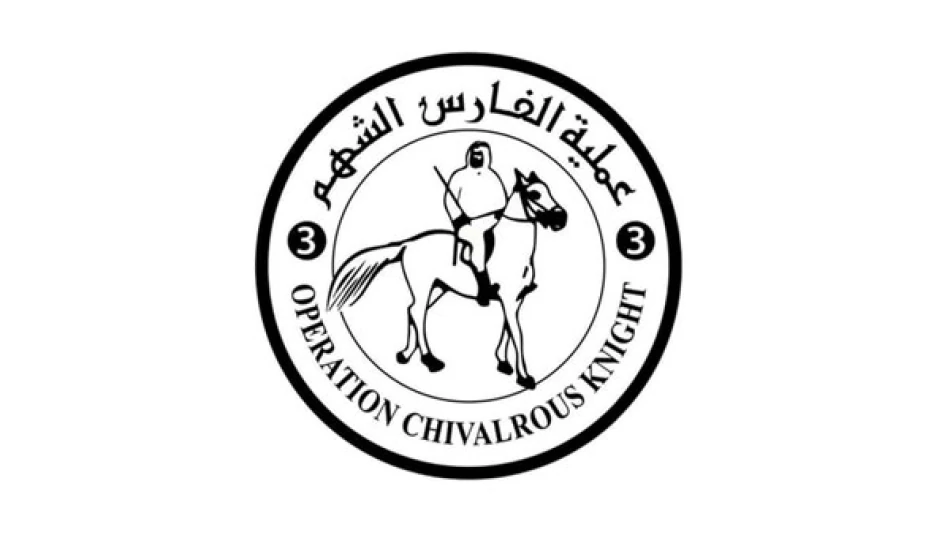
UAE Airlifts 79th Humanitarian Aid Shipment to Support Gaza
UAE Delivers 79th Humanitarian Airdrop to Gaza as Regional Crisis Deepens
The United Arab Emirates has completed its 79th humanitarian airdrop to Gaza as part of its "Birds of Goodness" operation, bringing the total aid delivered to over 4,052 tons. The latest mission, conducted in partnership with Jordan, Germany, and Indonesia, underscores the UAE's sustained commitment to Palestinian relief efforts amid an escalating humanitarian crisis that has drawn international attention to the region's deteriorating conditions.
Sustained Relief Effort Reaches Critical Mass
The UAE's latest airdrop delivered essential food supplies prepared with support from Emirati charitable organizations and foundations. This 79th mission represents more than symbolic assistance—it demonstrates a methodical, long-term approach to crisis response that has become a hallmark of UAE foreign policy under President Sheikh Mohamed bin Zayed.
With over 4,000 tons of aid now delivered through aerial operations alone, the UAE has positioned itself as one of the most consistent providers of humanitarian assistance to Gaza. The sustained nature of these operations, spanning months of regular flights, suggests a strategic commitment that extends beyond immediate crisis response.
Regional Diplomacy Through Humanitarian Action
Building Multilateral Partnerships
The inclusion of Jordan, Germany, and Indonesia in this latest operation reflects the UAE's broader diplomatic strategy of using humanitarian initiatives to strengthen international partnerships. Jordan's participation is particularly significant, given its role as a key regional player and its historical ties to Palestinian affairs.
Germany's involvement brings European legitimacy to the operation, while Indonesia's participation adds weight from the world's largest Muslim-majority nation. This multilateral approach mirrors the UAE's successful diplomatic model seen in other regional initiatives, from the Abraham Accords to its mediation efforts in various Middle Eastern conflicts.
Strategic Positioning in Regional Politics
The UAE's humanitarian leadership in Gaza serves multiple strategic purposes beyond immediate relief. It reinforces the country's image as a responsible regional power capable of sustained international cooperation, while maintaining its relationships across different political divides in the Middle East.
This approach allows the UAE to maintain its normalization agreements with Israel while simultaneously demonstrating solidarity with Palestinian civilians—a delicate balance that few regional actors have managed to sustain effectively.
Implications for Regional Stability
The scale and consistency of the UAE's aid operations signal a long-term view of regional stability that extends beyond immediate political settlements. By focusing on civilian needs and building international coalitions around humanitarian action, the UAE is creating frameworks that could prove valuable for future diplomatic initiatives.
The "Birds of Goodness" operation also establishes the UAE as an indispensable partner for international organizations and governments seeking to provide assistance in complex conflict zones. This reputation for reliable humanitarian leadership enhances the country's soft power and diplomatic influence across the region.
As regional tensions continue to fluctuate, the UAE's sustained humanitarian commitment provides a stabilizing factor that benefits both immediate crisis response and longer-term diplomatic relationships. The success of these operations may well serve as a model for other Gulf states seeking to balance regional relationships while maintaining international partnerships.
Most Viewed News

 Layla Al Mansoori
Layla Al Mansoori






